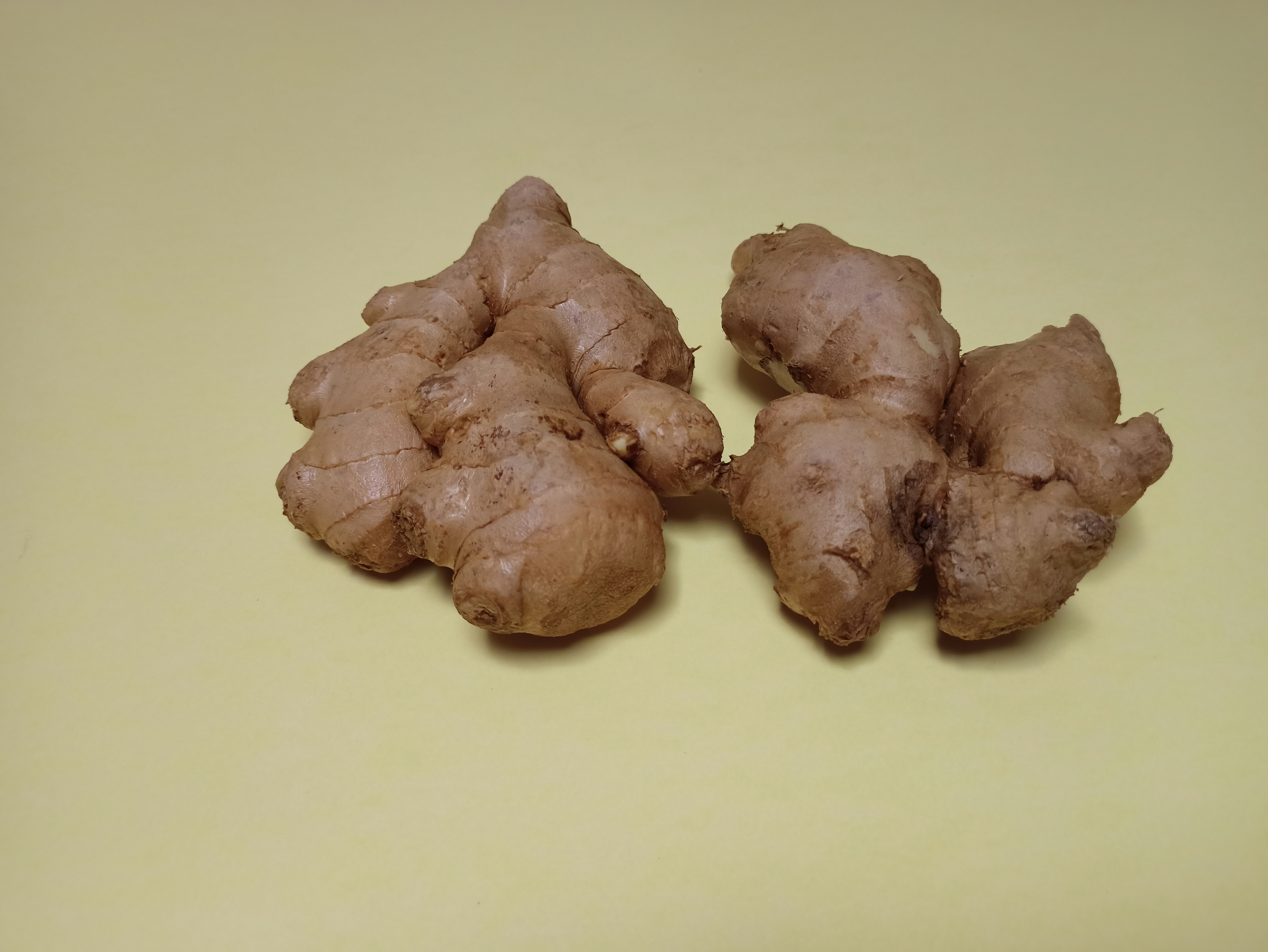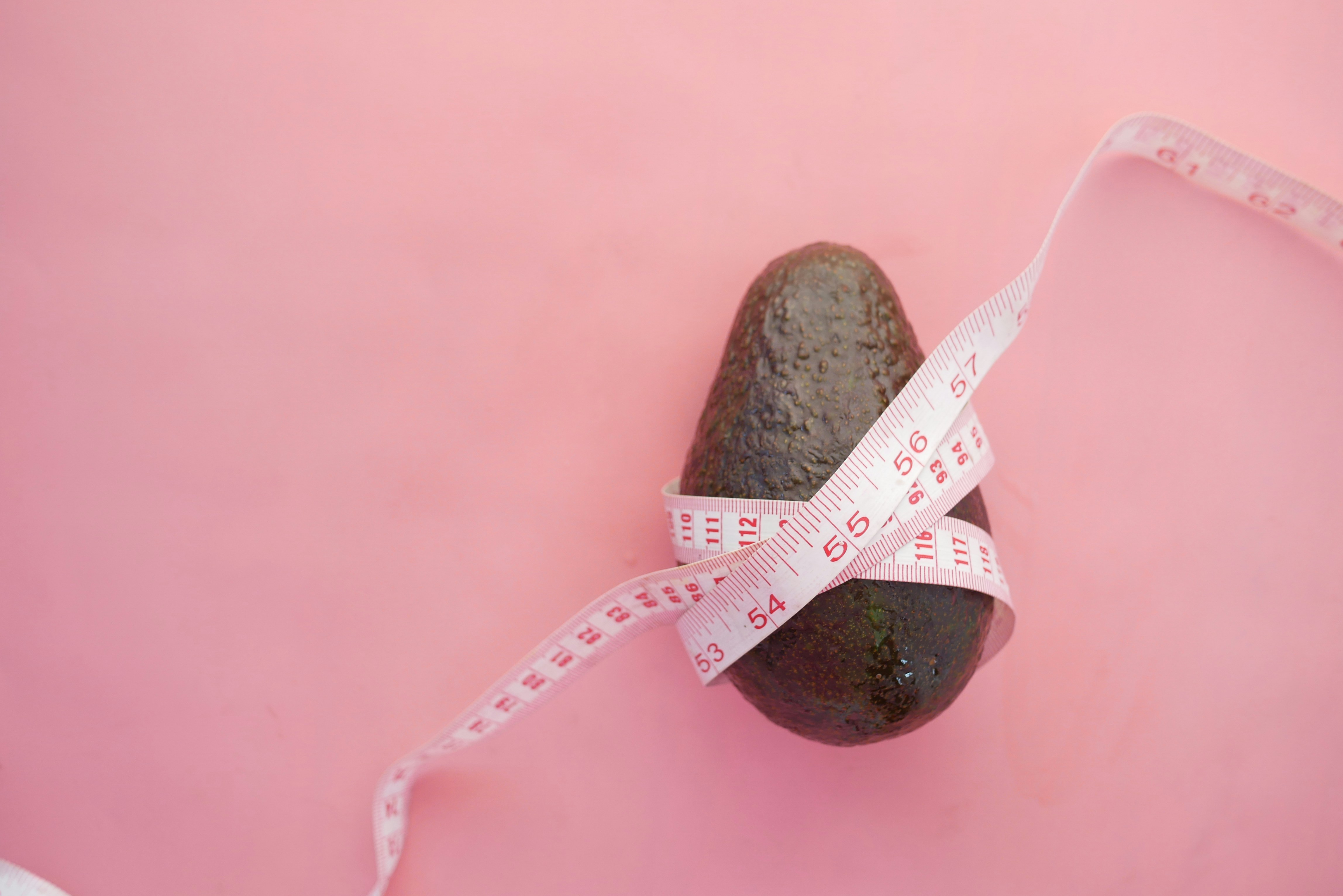Have you ever wondered if embarking on a low-oxalate diet could be beneficial or potentially risky for your health? Everyone’s body is uniquely complex, and what works gloriously for one person may not do the same for another. Let’s unravel the intricacies of low-oxalate diets and explore whether they’re safe and suitable for everyone, kind of like unraveling a tangled ball of yarn—one knot at a time.
Understanding Oxalates: What Are They?
In simple terms, oxalates are natural compounds found in many plants. They’re part of the plant’s defense system against pests, but they also affect us humans. Your body produces oxalates naturally, and they’re also introduced through your diet. When you’re nibbling on certain leafy greens, nuts, or seeds, you’re also ingesting oxalates.
Oxalates and Your Health
Oxalates have garnered attention primarily because of their link to kidney stones. Approximately 80% of these stones are calcium oxalate stones. However, not everyone who consumes a diet high in oxalates will develop these painful deposits. Your body’s handling of oxalates depends on factors like genetics, hydration levels, and other dietary components.
The Concept of a Low-Oxalate Diet
A low-oxalate diet is designed to reduce oxalate levels in the body. This can be particularly appealing to those who’ve experienced kidney stones or have been advised by their healthcare provider to do so. By limiting foods rich in oxalates, the aim is to minimize the chances of kidney stone formation.
Foods Rich in Oxalates
Here’s a table to provide clarity on high oxalate foods that people tend to moderate in a low-oxalate diet:
| Food Group | High-Oxalate Foods |
|---|---|
| Greens | Spinach, beet greens, Swiss chard |
| Nuts & Seeds | Almonds, cashews, peanuts |
| Grains | Buckwheat, quinoa, bran |
| Vegetables | Beets, potatoes, okra |
| Fruits | Rhubarb, figs, starfruit |
Foods Lower in Oxalates
People usually swap the high-oxalate items for lower ones. For instance, kale and romaine lettuce are often preferable alternatives to spinach when aiming to reduce oxalate intake.
Who Might Benefit from a Low-Oxalate Diet?
For some individuals, reducing dietary oxalate can be beneficial. Let’s zoom in on those who are commonly recommended to follow this diet:
Individuals Prone to Kidney Stones
For individuals with a history of kidney stones, a low-oxalate diet may help. By lowering oxalate intake, you can reduce the likelihood of these painful stones forming again.
People with Primary Hyperoxaluria
This rare genetic condition results in overproduction of oxalate, leading to stone formation and kidney damage. Managing oxalate intake becomes crucial for these individuals.
Potential Risks and Downsides
Before you think it’s the panacea, let’s be real about potential downsides. Not everyone may benefit or find this diet suitable.
Nutritional Deficiencies
Foods rich in oxalates are also often packed with nutrients. Spinach, almonds, and beans, for example, are prime sources of essential vitamins and calcium. Restricting these might make it harder to get sufficient nutrients, possibly leading you to miss out on vital health benefits.
Misguided Focus on Single Nutrients
Sometimes, focusing on reducing oxalates could detract from the full picture of healthy eating. It can become easy to overlook other important dietary considerations, like fiber intake or overall food variety.
For Whom is the Low-Oxalate Diet Dubious?
Caution is often necessary for individuals who might not need or benefit from cutting oxalates. Who are these people?
General Population
Most people, especially those without kidney stone history, may not need to worry about dietary oxalates. Your body efficiently handles these compounds without trouble.
Vegans and Vegetarians
As many high-oxalate foods are plant-based, vegans and vegetarians may find it challenging to obtain diverse nutrients on a restrictive diet.
Crafting a Balanced Approach: Moderation is Key
Avoiding oxalates entirely might not be feasible or necessary. Instead, a moderated approach can often keep your health and life in balance.
Staying Hydrated
Ensuring ample water intake helps flush out oxalates, minimizing their potential to crystallize within your kidneys.
Calcium Pairing
Eat calcium-rich foods alongside oxalate-rich foods as calcium binds with oxalates and decreases absorption in your intestines, reducing risk for stone formation.

Expert Opinions and Research
Scientific exploration around the role of oxalates and dietary repercussions is ongoing. Few clear conclusions are absolute.
The Role of Probiotics
Emerging research suggests certain probiotics might help break down oxalates in the gut, offering a potential avenue for stone prevention without having to fully exclude oxalate-rich nutrients.
Individual Variability
Keep in mind, what’s often stressed by experts is how individual your body’s chemistry is. What’s beneficial for one person may not inherently suit another.
Conclusion: A Personal Journey
In the end, whether a low-oxalate diet suits you depends largely on your personal health circumstances. If chronic kidney stones haunt you, the diet might be prudent. However, indiscriminately adhering to it merely because it’s “healthy” may not be necessary or advantageous.
You might find that a minimalist approach, paired with proper hydration and balanced diet choices, provides a seamless way of keeping your health on track without any restrictive measures. Consulting with a healthcare professional or dietitian can illuminate the best path forward for your unique needs. After all, you deserve a diet that supports your vibrant life.
Navigating nutritional guidelines can often feel like charting a course through a forest. But with proper understanding and some professional guidance, you’ll find the trail that leads to health and well-being tailored just for you.





